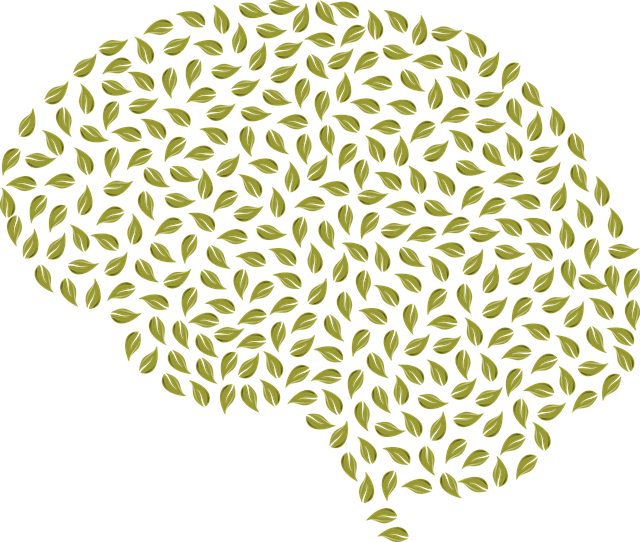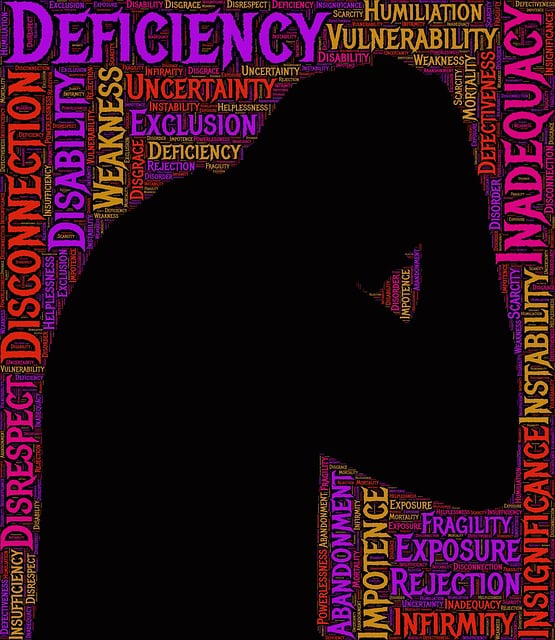Lafayette Gender Identity Therapy (LGIT) leads community outreach by understanding local needs and tailoring interventions for specific groups like LGBTQ+ youth, families facing mental health challenges, or at-risk populations. Their personalized approach includes Mental Wellness Coaching for crisis intervention, fostering a sense of belonging and empowerment while improving mental wellness. LGIT collaborates with schools, community centers, and mental health non-profits to expand outreach programs, creating safe spaces for open dialogue and navigating complex emotional landscapes through practices like Compassion Cultivation and Emotional Healing. Continuous improvement is driven by outcomes assessment, ensuring their programs remain relevant and impactful based on evolving needs and best practices.
Community outreach programs are a powerful tool for organizations like Lafayette Gender Identity Therapy (LGIT) to make a significant impact. This article explores the strategic implementation of such programs, focusing on understanding the unique needs of diverse communities and tailoring services accordingly. We delve into building strong partnerships with local organizations and stakeholders, which is key to success.
Furthermore, we examine evaluation methods to measure the outcomes and effectiveness of these initiatives, offering insights for continuous improvement within LGIT’s outreach strategies.
- Understanding Community Needs: Identifying Targets and Tailoring Programs
- Building Partnerships: Collaborating with Local Organizations and Stakeholders
- Measuring Impact and Success: Evaluating Outcomes and Continuous Improvement Strategies for Lafayette Gender Identity Therapy Outreach
Understanding Community Needs: Identifying Targets and Tailoring Programs

Community outreach programs must begin with a deep understanding of local needs, especially when addressing sensitive topics like gender identity. Organizations like Lafayette Gender Identity Therapy have recognized the importance of tailored interventions. By identifying specific target groups within the community—be it LGBTQ+ youth, families struggling with mental health issues, or at-risk populations—these initiatives can provide targeted support.
This personalized approach ensures that programs address not just symptoms but underlying challenges. For instance, Mental Wellness Coaching Programs Development can offer guidance in crisis intervention to help individuals manage mood disorders and emotional distress. Such interventions cater to unique community dynamics, fostering a sense of belonging and empowerment while promoting overall mental wellness, as supported by research on the benefits of tailored support systems.
Building Partnerships: Collaborating with Local Organizations and Stakeholders

Building strong partnerships is a cornerstone for successful community outreach programs, especially when focusing on sensitive issues like gender identity therapy. Lafayette Gender Identity Therapy has recognized the power of collaboration with local organizations and stakeholders to expand their reach and create meaningful impact. By joining forces with schools, community centers, and mental health non-profits, they can offer comprehensive support networks that address various aspects of an individual’s well-being. These partnerships facilitate the development of tailored programs, such as Mental Wellness Coaching Programs, which cater to diverse needs within the community.
Through collective efforts, these organizations can integrate Compassion Cultivation Practices and Emotional Healing Processes into their outreach initiatives. By fostering open dialogue and creating safe spaces, they can help individuals navigate complex emotional landscapes and promote overall mental wellness. Such collaborations ensure that resources are utilized effectively, allowing for a holistic approach to serving the community while providing a supportive environment where compassion and understanding thrive.
Measuring Impact and Success: Evaluating Outcomes and Continuous Improvement Strategies for Lafayette Gender Identity Therapy Outreach

Evaluating the impact and success of community outreach programs is paramount to ensuring their long-term effectiveness. For Lafayette Gender Identity Therapy (LGIT) initiatives, outcomes assessment plays a pivotal role in understanding the program’s reach and influence on the target population. This involves collecting quantitative and qualitative data to measure changes in participants’ mental health, social integration, and overall well-being. By employing tools such as surveys, interviews, and case studies, LGIT can gain valuable insights into the program’s strengths and areas for improvement.
Continuous improvement strategies are then tailored based on these findings. For instance, identifying challenges related to access or cultural sensitivity might lead to refining outreach methods or developing specialized support groups. Additionally, integrating best practices from successful programs, such as Stress Management Workshops Organization or Inner Strength Development initiatives, can further enhance LGIT’s approach. This iterative process ensures that the community outreach remains relevant and impactful, aligning with the evolving needs of the population it serves.
Implementing successful community outreach programs, as demonstrated by Lafayette Gender Identity Therapy’s initiative, requires a nuanced understanding of local needs and collaborative partnerships. By identifying specific targets and tailoring programs accordingly, organizations can effectively reach those in need. Furthermore, measuring impact and adopting continuous improvement strategies are vital to ensure long-term success and positive outcomes. This approach not only enhances the community’s well-being but also solidifies the role of initiatives like Lafayette Gender Identity Therapy as game-changers in fostering an inclusive society.














